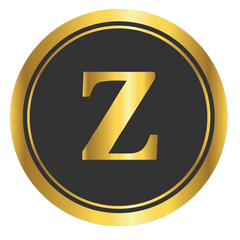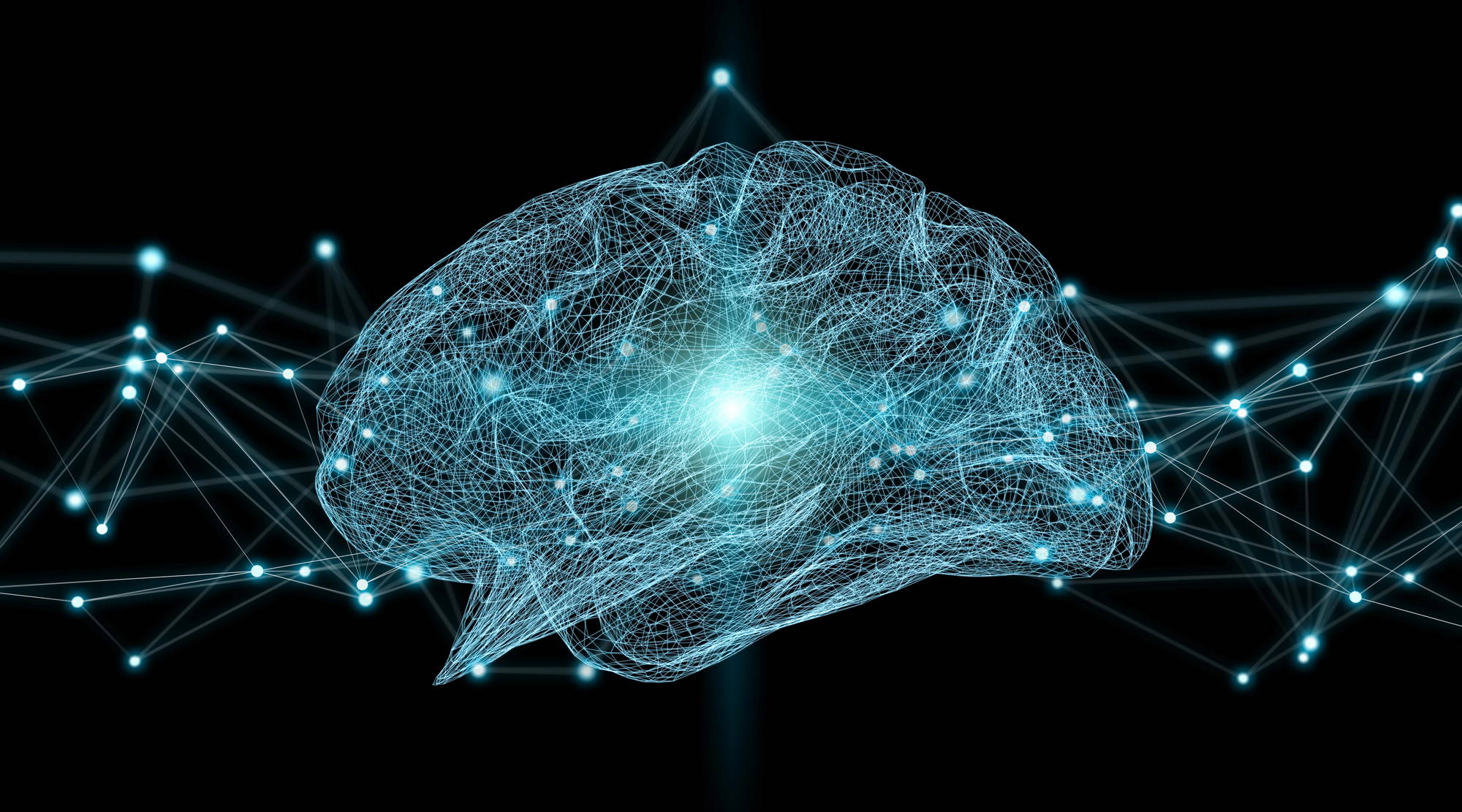Deficient in Zinc? Here Are Your Top 7 Signs.
Intro
Regarded as a cellular ‘soldier’ which makes cells more resistant to invasion, this micronutrient—also known as an essential mineral—supports virtually all forms of life.
When it comes to immune function, it is crucial for stimulating the growth of white blood cells, contributing towards ‘programmed cell death’ to kill bacteria, viruses and even cancer cells, and launching an immune response to protect cellular membranes from infection.
So without further ado, let’s give a salute to…
Zinc.
Arguably the most important supplement we can take.
And yet, zinc deficiency is one of the most common deficiencies in the world, with millions of Americans completely unaware that they are deficient. In fact, it has been reported that as high as 30% of adults are lacking in zinc. That’s close to one in three Americans!
One study demonstrated that zinc deficiency increased with age from 31.2% amongst individuals in their 60’s to 45.8% amongst individuals in their 80’s. Talk about a monumental increase!
What Exactly Is Zinc?
Zinc is necessary for approximately 100 enzymes to carry out their vital functions and reactionary processes. Next to iron, zinc is the most common mineral in the body and is found in every cell, organ, tissue, bone, ligament, as well as in bodily fluids. Even plants and animals require it to survive and thrive!
Furthermore, zinc has strong antioxidant properties which help to neutralize free radicals which may otherwise cause damage, disease and dysfunction in the body. Therefore, it may be concluded that zinc is absolutely essential to the entire scope of the body. It is no wonder this super micronutrient has been used for thousands of years to support health and healing.
7 Signs of Zinc Deficiency
When we do not consume enough zinc in our diet, or consume a supplemental form to provide adequate levels, then we are at risk of zinc deficiency which can present a host of symptoms.
So why do deficiencies often go undetected and undiagnosed?
Deficiency is often only detected when there are major signs of deficiency. Even then, it may be difficult to get a diagnosis unless going through a naturopathic doctor.
Here are seven conditions which may be attributed to low zinc levels,
Frequent Bouts of Cold and Flu:
Research shows that even slight deficiencies in zinc may result in a weakened immune system, leading to a greater susceptibility to bacterial and viral infections, including all strains of covid, the H5N1 bird flu virus and the common cold and flu. Even if only colds are frequent, this may be an indication that zinc levels are low.
Skin Rashes:
Atopic dermatitis, also known as eczema, is a skin condition which causes dry, red and itchy skin. Often this is a tell-tale sign of a zinc deficiency, as zinc plays an important role in skin health. Eczema may show almost immediate improvement upon taking a zinc supplement if the cause is attributed to a deficiency. Acne has also been attributed to low levels of zinc and may be improved by consuming zinc through diet or supplementation.
Poor Neurological Function:
Low zinc levels have been attributed to decreased or disrupted cognitive function which may include changes in memory, focus and the ability to concentrate. The all-too-common complaint of ‘brain fog’ may also be the result of low levels of zinc. Research has also demonstrated this to be the case in children displaying low attention spans.
Thinning Hair:
Research has shown that zinc deficiency may cause weaker than normal hair follicles, resulting in hair shedding and thinning. Hair loss may also be an indicator of a hormonal imbalance that may be due to insufficient zinc. A study publisehd in The National Institute of Health cites that, ‘Alopecia is a well-known sign of established zinc deficiency with hair regrowth occurring with zinc supplementation.' Click here to view full study titled, The Role of Vitamins and Minerals In Hair Loss.
Allergies:
Studies show that high stress levels can cause chronic fatigue and adrenal gland burnout, which may then lead to calcium, magnesium and zinc deficiency. This may impact histamine levels in the body given zinc plays an important role in the storing of histamine. As zinc levels drop, histamine levels rise, resulting in an increased risk of symptoms associated with allergies including sneezing and runny nose.
Gastrointestinal Disturbances:
Leaky Gut Syndrome, in which larger than normal food particles pass through the gut lining due to chronic inflammation and swelling, has been shown to improve through zinc supplementation. While zinc deficiency is not the ‘cause’ of leaky gut, research shows it may help improve permeability by helping to restore tissue in the lining of the gut.
Impaired Wound Healing:
Zinc is an important factor in the renewal of tissue and cell membrane repair. Studies have demonstrated that frequent skin lesions and compromised wound healing may be the result of low levels of zinc, resulting in a greater susceptibility to ‘skin breakdown’. Click here to view full study titled, Zinc In Wound Healing Modulation.
Chronic Diarrhea:
Poor intestinal function resulting in frequent diarrhea may be associated with low levels of zinc. Whether a poor diet or a health condition which causes poor nutrient absorption, a zinc deficiency may result, presenting as both a symptom and a cause of deficiency. Click here to view abstract titled, Zinc and Intestinal Function.
High Risk Groups for Zinc Deficiency
Research has shown that individuals with particular health conditions or specific health and diet lifestyles may have a greater tendency to be lacking in zinc. The Linus Pauling Institute reports the following. Click here to view full list in greater detail.
*Malabsorption Syndromes
*Celiac Disease
*Short Bowel Syndrome
*Inflammatory Bowel Disease
*Crohn’s Disease
*Ulcerative Colitis
*Liver Disease (including due to alcoholism)
*Chronic Renal Disease
*Sickle Cell Anemia
*Older adults (65 years and older)
*Vegetarians
Additional research shows that individuals who have rheumatoid arthritis and diabetes may also be more susceptible to zinc deficiency.
All-Natural Sources of Zinc
Zinc is naturally present in many foods and may be taken as a dietary supplement in capsule or tablet form, as well as in an all-in-one formulation. The richest sources of zinc are reported to be meat, fish and seafood.
Dietary sources include,
*Oysters (top source)
*Crab and Lobster
*Beef *Pork
*Turkey *Eggs
*Chickpeas
*Legumes
*Seeds and Nuts
*Oats
*Shiitake Mushrooms
*Tofu
Your Top Supplemental Source of Zinc
Dr Zelenko included zinc in many of his Z-formulations, with a hefty dose of 30 MILLIGRAMS (mg) of zinc in every serving of his original and best-selling Z-Stack™. This is the highest dosage of zinc out of his entire line of Z-products! For those with little ones, 3-6 mg of zinc is also included in every serving of Kids Z-Stack™ (age dependant).
Here is our most recent 5-STAR REVIEW. Thank you to Shawnee for sending this in!
Get your Z-Stack™ today!
Look after yourself.
View Dr Zelenko's premium collection today. Includes FREE SHIPPING in the USA. Worldwide shipping available.
To get 10% OFF YOUR FIRST ORDER and receive special discounts not publicly advertised on our website, sign-up for our newsletter below. You may unsubscribe at any time.
These statements have not been evaluated by the Food and Drug Administration. Products and information in this article are not intended to diagnose, treat, cure or prevent any disease. Information on this website is provided for informational purposes only. It is not meant to substitute for medical advice from your physician or other medical professionals. You should not use the information contained herein for diagnosing or treating a health problem or disease, or prescribing any medication. Read all product documentation. If you have or suspect that you have a medical problem, promptly contact your regular health care provider.
SUBSCRIBE TO OUR NEWSLETTER
Receive our latest weekly releases, offers, guides and more.


Leave a comment